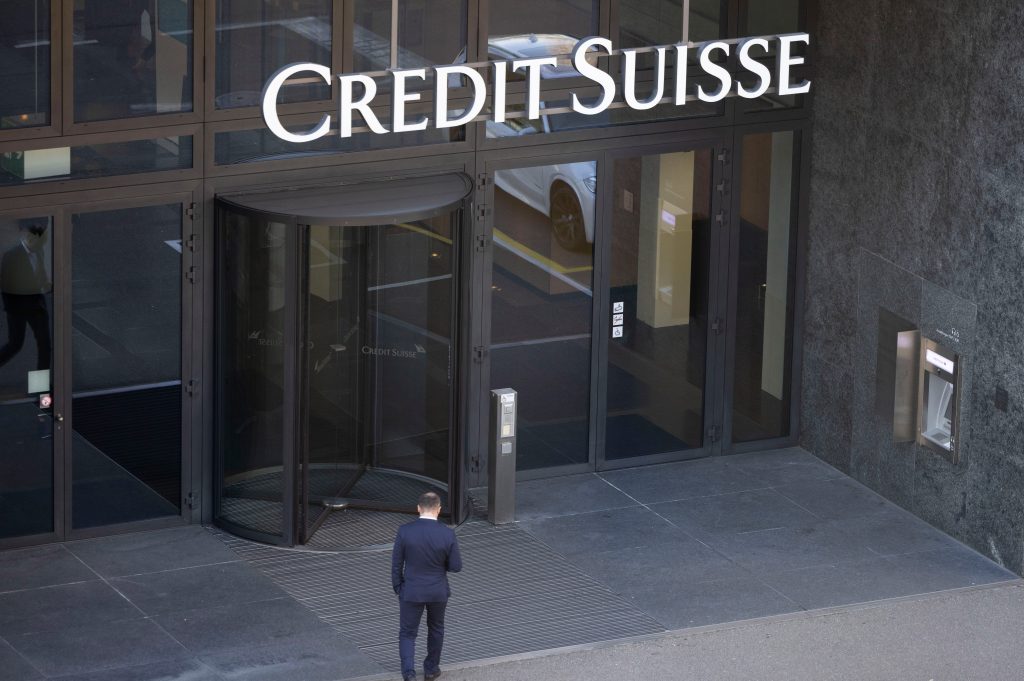If the takeover of Credit Suisse (CS) was supposed to settle the turbulence after the collapse of the Swiss banking giant, the plan hasn’t worked.
The announcement over the weekend that Switzerland’s Federal Prosecutor is investigating potential breaches of the country’s criminal law is just one of
Register for free to keep reading
To continue reading this article and unlock full access to GRIP, register now. You’ll enjoy free access to all content until our subscription service launches in early 2026.
- Unlimited access to industry insights
- Stay on top of key rules and regulatory changes with our Rules Navigator
- Ad-free experience with no distractions
- Regular podcasts from trusted external experts
- Fresh compliance and regulatory content every day













